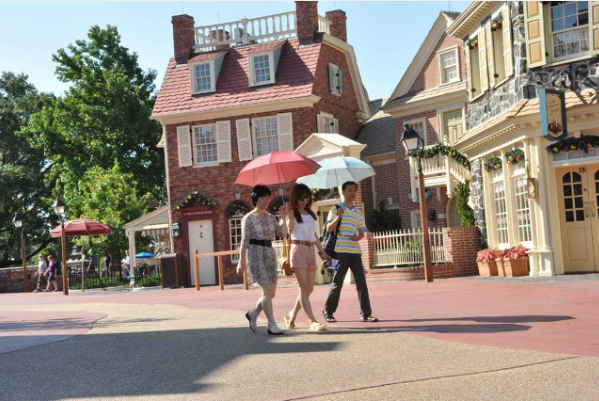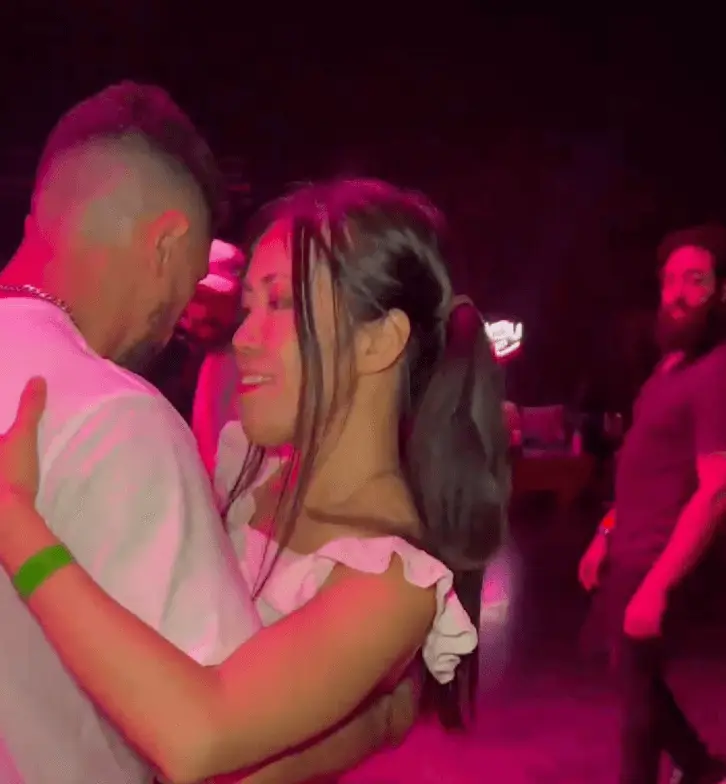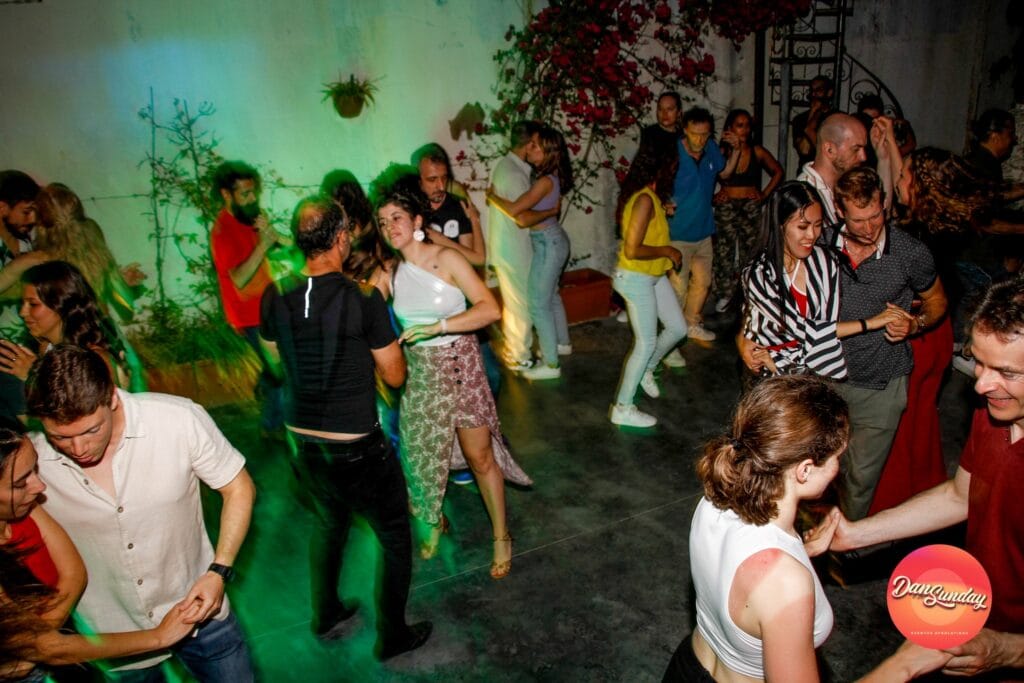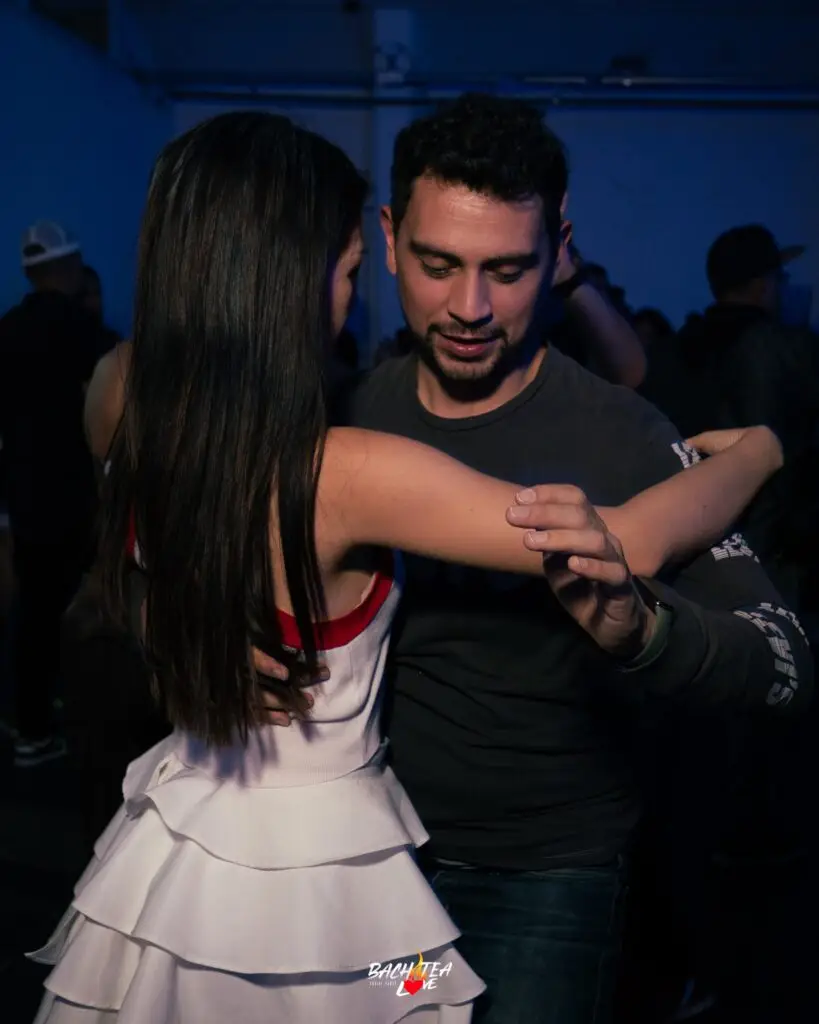In the summer of 2008, I hopped on a plane for the first time in my life and landed in the U.S. sixteen hours later.
It was the beginning of an era. Like they said, I had my whole life in front of me.
Almost 13 years later, I’m still here.
I went from being an young, curious, ambitious student with a temporary visa to finally becoming a permanent resident after years of immigration struggle.
Reflecting back on my experience from a cultural perspective, I realized so much has changed.
Many people I met here have commented on how “American” I sound and feel. Personally, I admit that I feel the same way.
I have adopted an American accent. I no longer translate sentences from English to Chinese in my head. I think in American ways. I even legally changed my name to an English one.
In recent years, however, the longer I stay in America, the more I feel the urge to reconnect with my cultural identity.
It has been many years since I started to feel like I am slipping away from my culture. I recognized that this is going to be a long and continuous process. So while I reflect, why don’t I start with some observations I had over the years on the unique quirks that make America, well, America.
#1. Flip flops are acceptable shoes outside of the house
When I first arrived in the small liberal arts college I attended, I was shocked to see almost every other students walking around campus in flip flops, shorts and hoodies.
What’s even weirder to me was some students wearing a huge coat at the top and tiny shorts at the bottom in the dead of winter.
The “winner” was probably people wearing UGG boots with T-shirts and shorts in the hottest summer days.
Back home, students would not have been allowed to enter classrooms wearing flip flops, as they are considered only for the home.
But that’s what I love about America — people do what feels great to them and care less about what others might think.
#2. Strangers randomly give out compliments to your outfits on the streets
When my mother visited me for my college graduation ceremony, she was amazed at how people complimented on her outfits while we were riding the bus.
A woman said she loved my mother’s boots. A very common and friendly occurrence in the U.S.
To my mother, that was rather strange.
She asked me why the woman would say that. In China and most other Asian countries, people rarely if ever engage in conversations with strangers.
If somebody says something to you on the streets, they are either crazy or trying to sell you products. Needless to say, neither is viewed favorably and no wonder we Asians all have our guard up on the streets.
And that leads to my third point.
#3. Strangers say hello to you on the streets
Right around the time when I first arrived in the U.S., I learned that people sometimes say hello to other people on the streets, especially in smaller cities and towns.
It was certainly the case in the small college I attended. People said hello to me with a big smile. No ulterior motives; simply being nice human beings.
For the longest time, I struggled to say anything back. It just didn’t feel natural.
For the longest time, I struggled to say anything back. It just didn’t feel natural.
When I moved to New York City after graduation, that seems to have completely changed.
After all, New Yorkers are all busy going about their day. Who has that kind of time when most people walk faster than cars can drive in Manhattan?
Who has that kind of time when most people walk faster than cars can drive in Manhattan?
However, when I moved to New Jersey, things started up again.
The first time I walked into my condo building’s elevator, a neighbor said hello to me.
After being a New Yorker for so many years, I wasn’t able to reciprocate the “hello” immediately. It took me a few seconds to realize the “American friendliness” is well and alive, just not in parts of New York.
It took me a few seconds to realize the “American friendliness” is well and alive.
To be honest, I felt incredibly at home in New York. People are ambitious, busy, creative, blunt and mostly keeping to themselves — very similar to my home culture and my personality.
But I love the American friendliness — something we didn’t have as a tool to connect with strangers back in Asia and those connections can sometimes turn into beautiful things.
#4. Catcalling is everywhere
Every culture has bad actors.
People who catcall other people are certainly bad actors in any culture. In my culture, however, I have never been catcalled.
I also asked my friends back home. Nobody had this experience. We don’t even have this phrase in our language.
What I did experience was being flashed on the streets when I was around 11. That certainly wasn’t fun and story for another day. It was an isolated incident and didn’t happen again.
When I searched for “catcalling in Asia” on Google, almost all results show that it is nearly non-existent.
When I searched for “catcalling in Asia” on Google, almost all results show that it is nearly non-existent.
When I arrived in America, I experienced it almost immediately.
In fact, I encountered 5 men who catcalled me on the streets consecutively in the span of 20 minutes when I was in college, walking home from campus as usual. One even got aggressive and started following me while asking for my name.
Needless to say, that was quite a scary and extremely unpleasant experience.
As I moved from city to city, the catcalling has rarely stopped.
Even when I walked around a supposedly nice suburb in California this summer, I got an even weirder catcall.
A man pulled up in his pickup truck and said to me: “You looked like an angel from heaven.”
I know this phenomenon isn’t limited to America as I have heard so many similar stories from Europe.
What is the fundamental reason for this extreme difference in catcalling between the East and the West?
I still don’t have an answer.
#5. Tanning is considered beautiful
When I was traveling with my parents in Florida, we went to Universal Studio. My mother saw a group of people sitting directly under the sun while having lunch.
She asked me: “Are they crazy? Why would they sit under the sun?”
Then I explained the whole tanning culture to her.
She was unimpressed. She also insisted on carrying her umbrella everywhere. So the three of us walked around in umbrellas, under the scorching Florida sun, when a photographer spotted us and asked if he could snap a photo of us.

He said he had never seen anyone walking around with umbrellas in the sun. That was a photo-worthy moment for him.
I was slightly embarrassed as I have been “Americanized”. I became very conscious of using umbrellas as sunblock, as everybody else does back home.
I became very conscious of using umbrellas as sunblock, as everybody else does back home.
As I learn more about how skin and the sun aren’t exactly best friends, I started to feel more fortunate about growing up in a culture where tanning isn’t desirable.
Of course, we have our own beauty standard problems, as does the West, but that’s story for another day.
#6. Iced cold water is the norm in every restaurant
My mother visited me in America again in 2019, when I became very sick with a chronic stomach condition.
I needed hot water to calm my stomach and so did my mom, who unfortunately shares the same condition as me.
She was amazed by how there was no hot water offered unless asked. She was alarmed that Americans drink not only cold water, but iced cold water.
She was alarmed that Americans drink not only cold water, but iced cold water.
As I learned the hard way from my painful chronic illness journey, cold water is the archenemy to anyone who has a stomach condition.
I had never paid much attention to this before my illness and followed along in the cold water tradition here, only to have my stomach destroyed.
As my mother correctly pointed out: “You grew up drinking warm water. Why do you think you can do the same thing as the Americans?”
As I made an almost full recovery from the illness, I still had to maintain this habit of drinking only warm water. In exchange of never having another flareup again, I am happy to relinquish my beverage choice for life.
Many visitors to Asian countries marveled at the lack of iced cold waters in restaurants while my mother gasped in horror at the exact opposite. What a diverse world we live in!
#7. Cars yield for pedestrians at intersections
Back home in China, we had to watch for cars before crossing the streets. Or to put it more accurately, pedestrians yield to cars, not the other way around.
…or to put it more accurately, pedestrians yield to cars, not the other way around.
When I moved to the U.S., I was both pleasantly surprised and apprehensive at the same time that cars must yield to pedestrians.
It definitely made more sense. It’s more human-friendly. It saves lives.
But at the same time, I always look left and right at least twice before crossing the streets, as one should even in this more pedestrian-friendly culture. You can never be too careful.
One thing that still lingers in my head is my automatic reflex to yield to cars.
Even when a driver signaled that I can pass first, I still felt skeptical.
Certain things you grew up with will never escape you, or vice versa.
Certain things you grew up with will never escape you, or vice versa.
#8. The clock changes twice a year
Last year, I had a narrow miss with a Daylight Saving Time scheduling disaster with my international body of students.
Even 13 years in, I still cannot wrap my head around the fact that the clock artificially changes twice every year in the U.S. While I have read many literature about the history of the system, it just never made sense to me or my family back home.
Of course, China had something that didn’t make any sense in a similar manner.
As a big country that spans across multiple time zones, we only use 1 time zone for the sake of unity. Imagine New York being on the same time zone as Denver — that’s how ridiculous it is!
Perhaps eating dinner at 10pm isn’t so bad for your digestive system as they say, if this alternate reality becomes true, right?
#9. People don’t always retire after the age of 60
When my mother visited me in 2019, we went on a guided tour of the Hearst Castle, a grand castle sitting on top of a mountain in San Simeon, CA.
The drivers and tour guides were all senior citizens, most visibly over 60. They were excellent at what they do and in even better shape than some young people.
My mother asked: “Why aren’t they retired?”
I explained to her that retirement age in the U.S. is fluid. Many don’t retire after 60. Some work their entire life, while others work until their late 60s or early 70s.
In China, women can retire at age 50 and men at 60. They receive pension from the government at retirement. The amount depends on your number of years in the workforce, your profession, your location and many other factors. But most are able to live a modest lifestyle on pension alone.
The U.S. has an entirely different system. While my mother was not thrilled to learn that not everyone gets government pension in the U.S., she admired the fact that senior citizens are very much employable here.
While my mother was not thrilled to learn that not everyone gets government pension in the U.S., she admired the fact that senior citizens are very much employable here.
In China and some other Asian countries, ageism in employment is prevalent and not often challenged.
There may be many different reasons why a lot of senior citizens continue to work here in America, possibly mostly due to financial reasons, but if we choose to look at it from a positive lens, it is quite good that they can if they want to.
#10. Your medical bill is hugely inflated
When I was 21, I did a series of lab tests at the recommendation of a doctor. One test came back with a $6,000 bill.
I was on the cheapest student insurance at the time. Not surprisingly, they refused the coverage.
Later, I did research on how medical bills are so expensive in the U.S. and found something really disturbing.
It turns out that doctors and hospitals routinely put in astronomical numbers on insurance claims because that’s the only way they can maximize the amount paid from insurance companies.
To put it simply, they will take what they can get. But in order to get the best they can, they shoot it “out of their leagues” first.
To put it simply, they will take what they can get. But in order to get the best they can, they shoot it “out of their leagues” first.
The most vulnerable victims are patients without insurance or low insurance. I was one of them and that $6,000 medical bill was a very expensive introduction to America’s deeply-flawed healthcare system, despite being one of the world’s most advanced.




